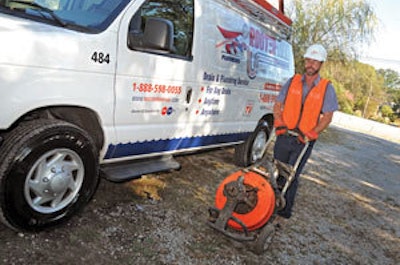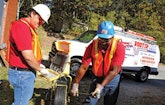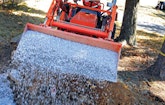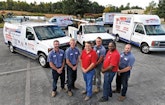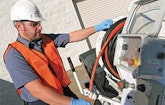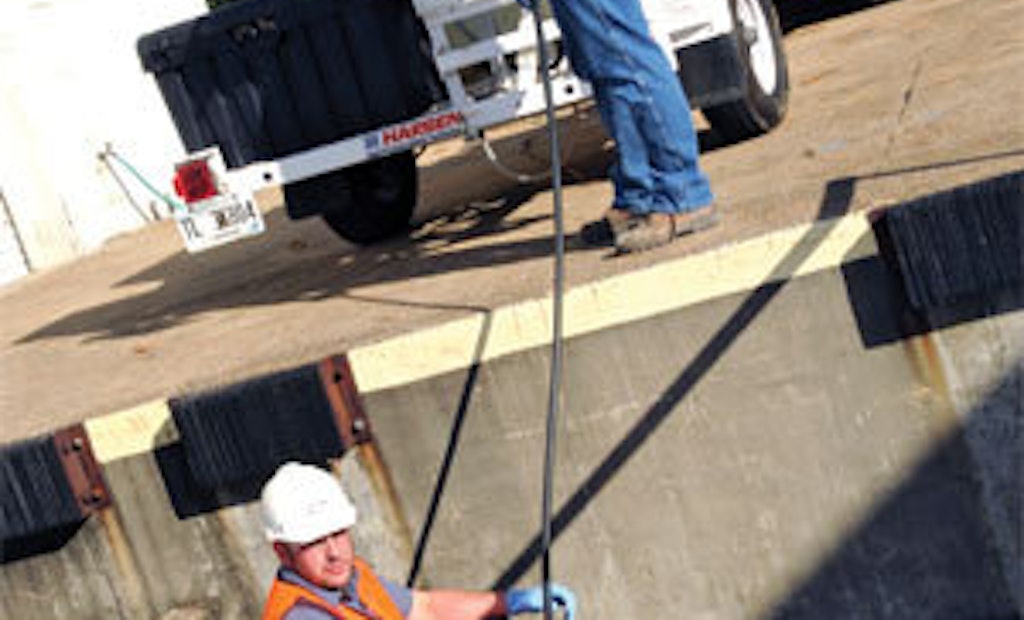When Roger Milner was laid off from his job as a maintenance man at a church, he decided it was time to launch his own business.
Before taking the job at the church in Chattanooga, Tenn., he had worked for a drain-cleaning business for three years, and as a young man he had...
